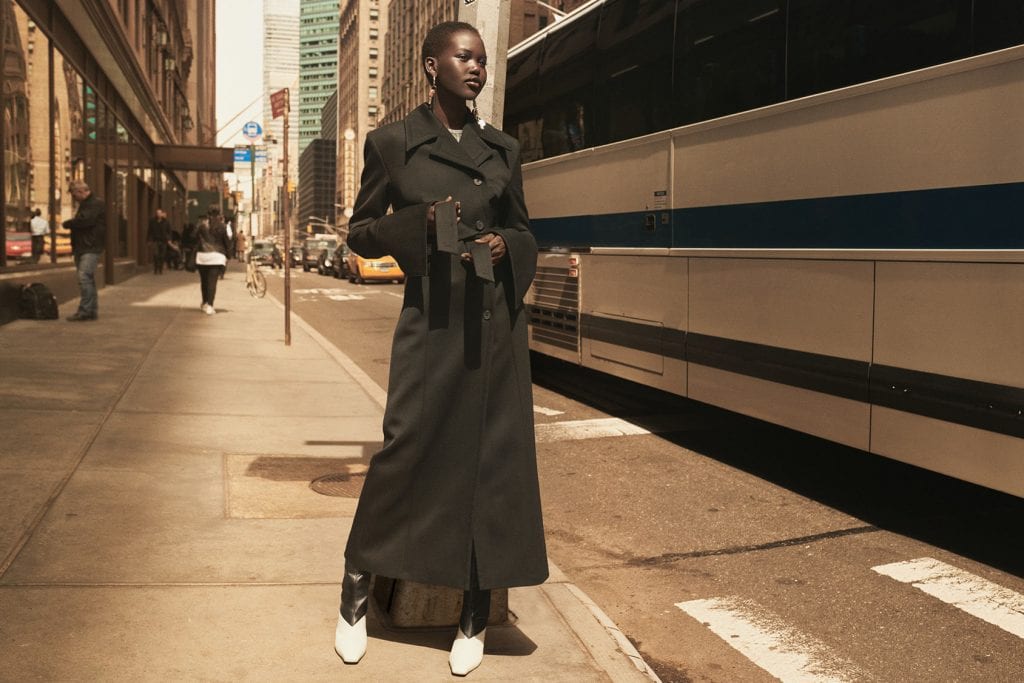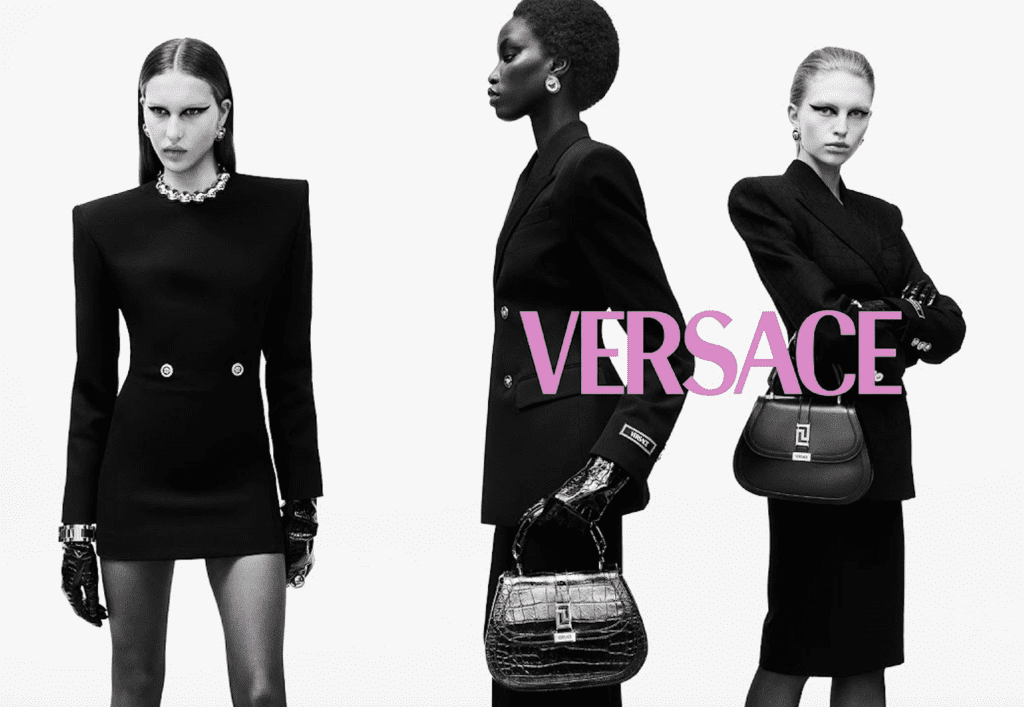Boohoo’s share price halved and retailers – including Amazon, ASOS and Zalando – suspended sales of the brand in a matter of nine days in July. The reason? NGO Labour Behind the Label and the British publication, the Sunday Times, reported multiple instances of labour abuse in the UK-based fast fashion retailer’ssupply chains, including potential modern slavery. Contrast this with the share price of H&M following the Financial Times’ February 2018 revelation that H&M branded packaging was being made by political prisoners in forced labor camps in China. When the news broke, investors did not blink and in fact, H&M’s share price remained steady.
Why did the recent modern slavery scandal hit Boohoo so much harder than H&M? The primary reason can be attributed to the difference in the two companies’ Human Rights Due Diligence (“HRDD”) systems. Dull as it may sound, H&M’s embrace of HRDD enabled the company to address the incident quickly and lent it credibility at a difficult moment. By comparison, Boohoo’s approach to human rights has long been criticised by NGOs, and the retailer was slammed by investors as having an inadequate response to the exploitation claims.
Defined in the United Nations’ Guiding Principles on Business & Human Rights, HRDD is a process endorsed by governments around the world. Unfortunately, despite such administrative approval, it has achieved little awareness among investors, distracted as they are by less substantive Environmental, Social, and Corporate Governance– or ESG – fluff.
H&M is widely recognised as a leader in HRDD. It was one of the earliest endorsers of the United Nations’ Guiding Principles and has ranked among the top five apparel brands in all three of the Corporate Human Rights Benchmark’sannual reviews of performance. The Fashion Transparency Indexhas also placed H&M in its top tier of brands three years in a row. Unlike its Swedish counterpart, Boohoo is not included in the Corporate Human Rights Benchmark. When it did make it into the 2019 and 2020 Fashion Transparency Indexes, in both years, it was ranked in the second lowest tier.
To be clear, HRDD does not guarantee abuse free supply chains. However, when properly implemented, it allows companies to identify risks and work with suppliers to improve conditions. Critically, companies that properly implement HRDD tend to have more resilient supply chains and are better positioned to tackle abuses that do occur.
Investor Due Dilligence
In terms of investors, they should pay attention to a company’s HRDD as a measure for helping to avoid losses. It is notable that several “sustainable” funds were heavily exposed to Boohoo, implying an inadequate understanding of human rights risk. Investors can draw upon multiple sources to evaluate HRDD implementation. The above-mentioned indexes are a useful starting point but include only a small number of companies.
All companies doing business in the UK with over £36 million ($46.65 million) of global turnover – an estimated 18,000 companies – have to publish a modern slavery statement every year. Any company that meets these criteria but does not have a statement on its website should be treated with great caution. Investors should assess and understand modern slavery statements and human rights policies published by companies: strong statements acknowledge the company’s duty to respect human rights, define their due diligence processes, explain risks identified, and set out objectives for the coming year. Weak ones make assertions about risk without evidencing the due diligence used to arrive at the conclusion.
H&M’s statement, for instance, endorses the United Nations Guiding Principles on Business & Human Rights whereas Boohoo’s does not, for instance.
Companies’ past communications may be used to gauge the importance they attach to human rights. Companies that are open about the risks they face and show concern for the people making the goods they sell are likely to take HRDD seriously. Investors wishing to build ethical portfolios may be inclined to avoid sectors with a high risk of human rights abuse. This approach does not help end abuse, rather investors should seek out companies that implement strong HRDD and push laggards to improve.
The Covid-19 crisis is driving exploitation of workers at a time when companies are increasingly being held accountable for their supply chains. We are likely to see other companies’ share prices take a hit due to inadequate HRDD.
Oliver Cushing is the CEO of modern slavery due diligence technology company RightsDD. He holds no direct interests in Boohoo or H&M.











